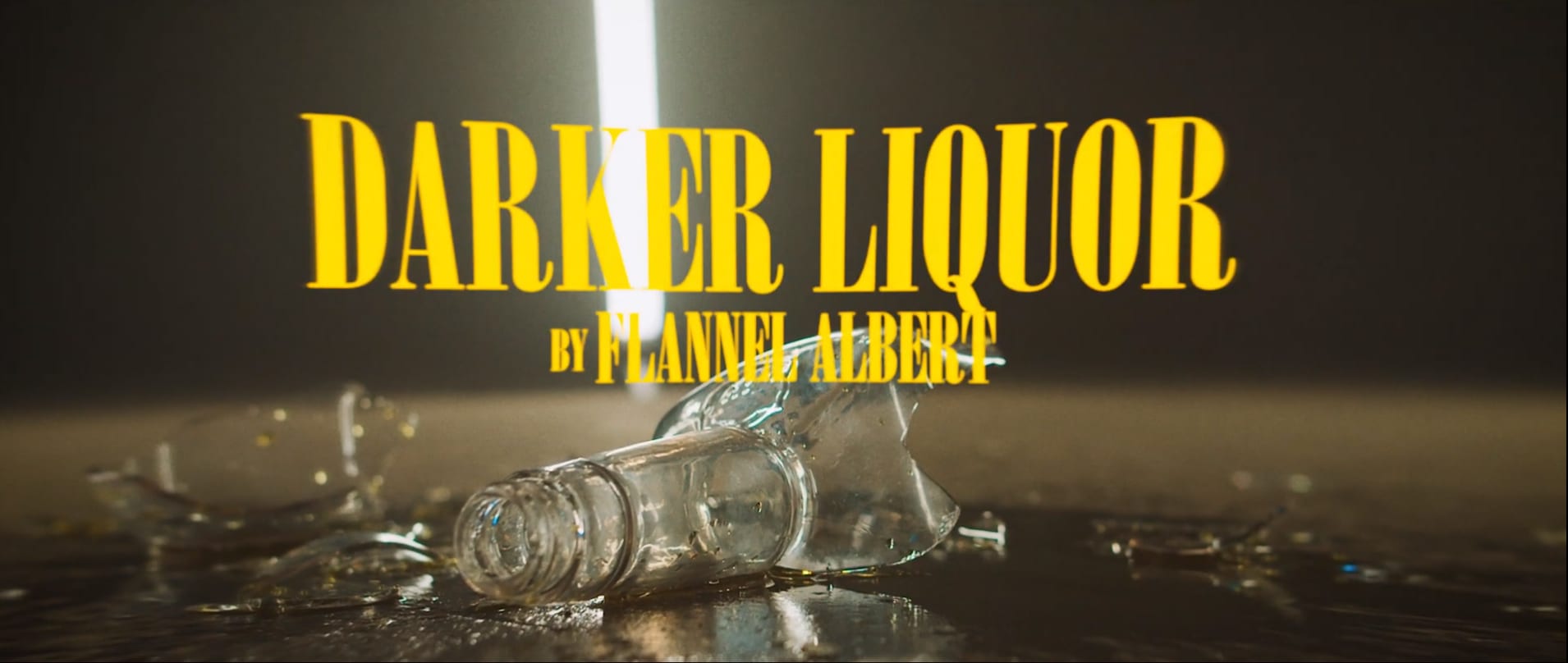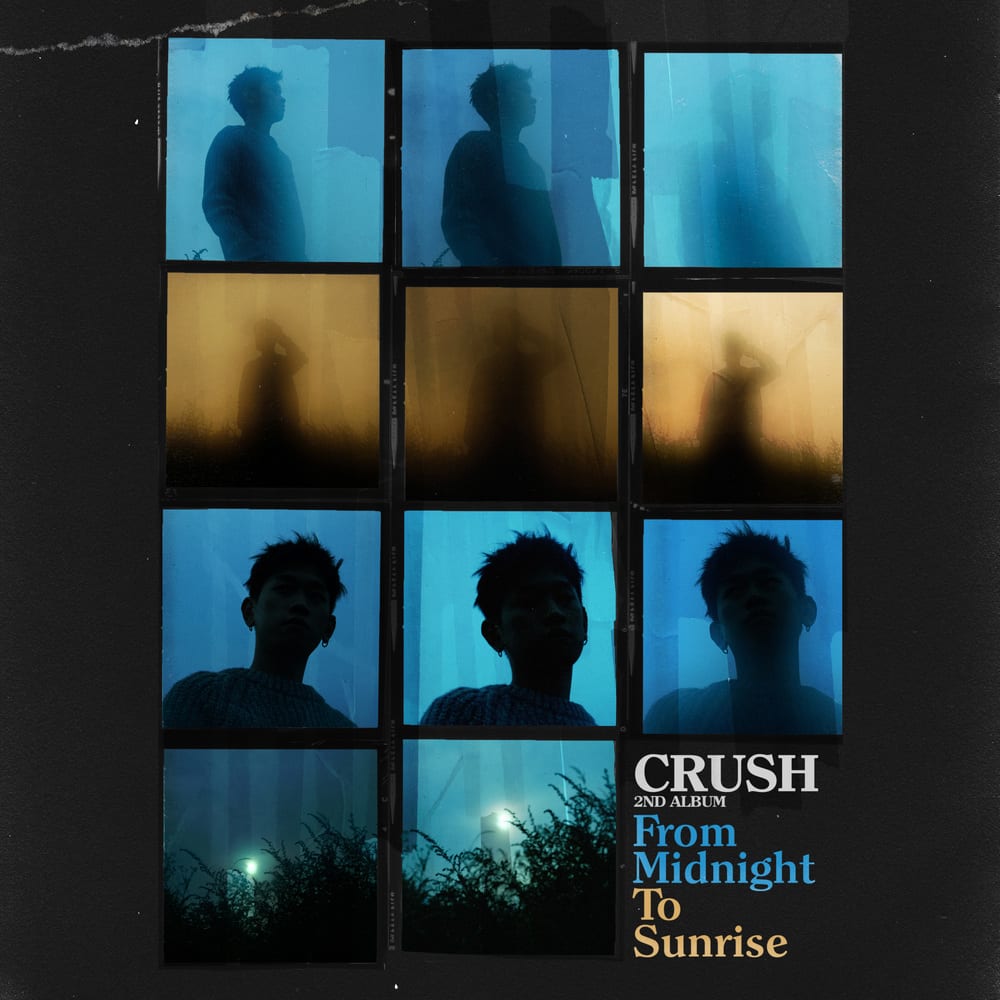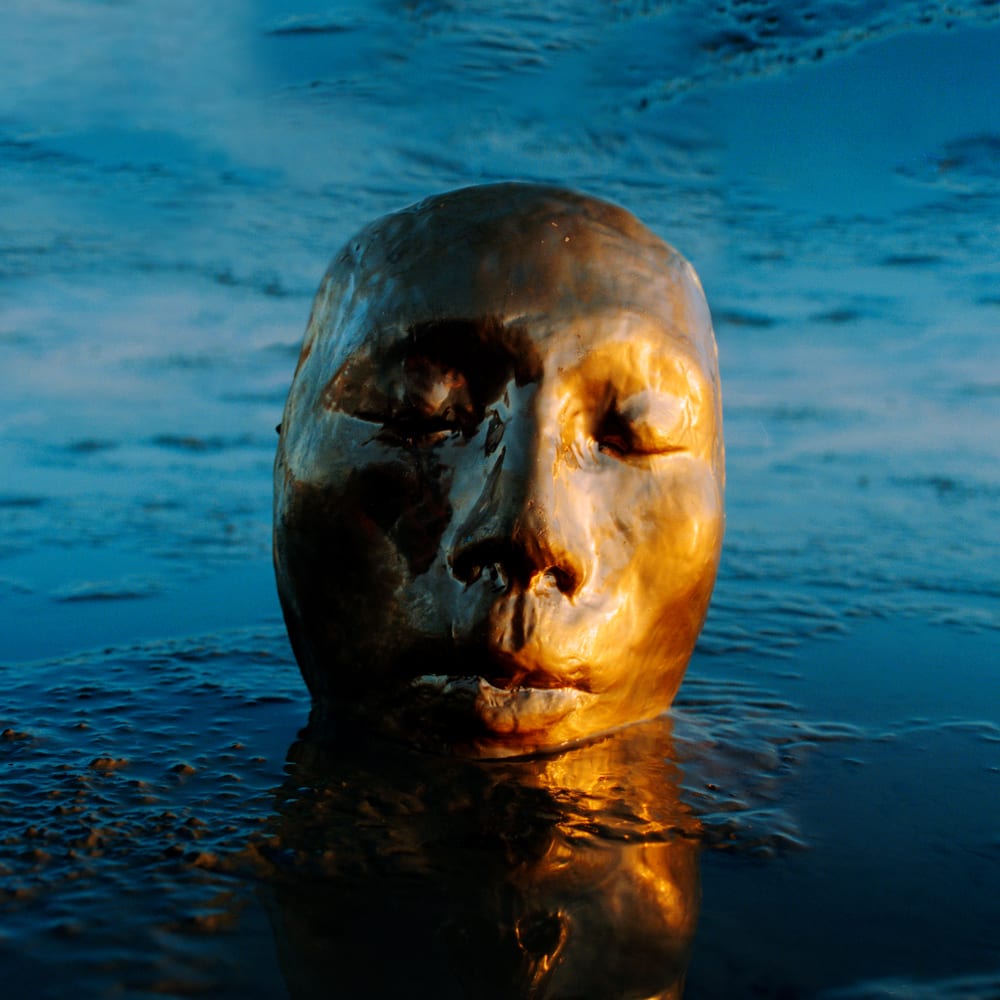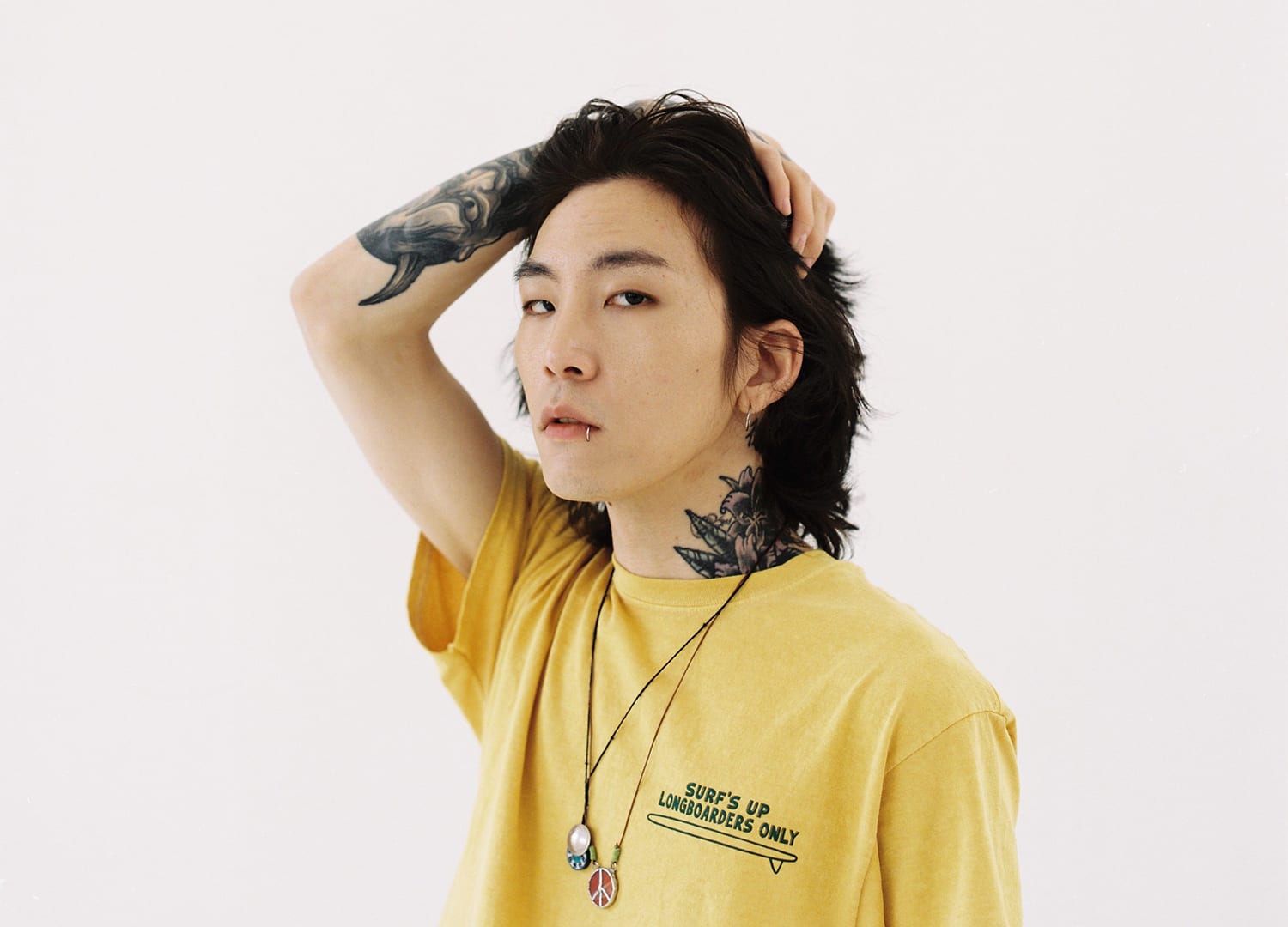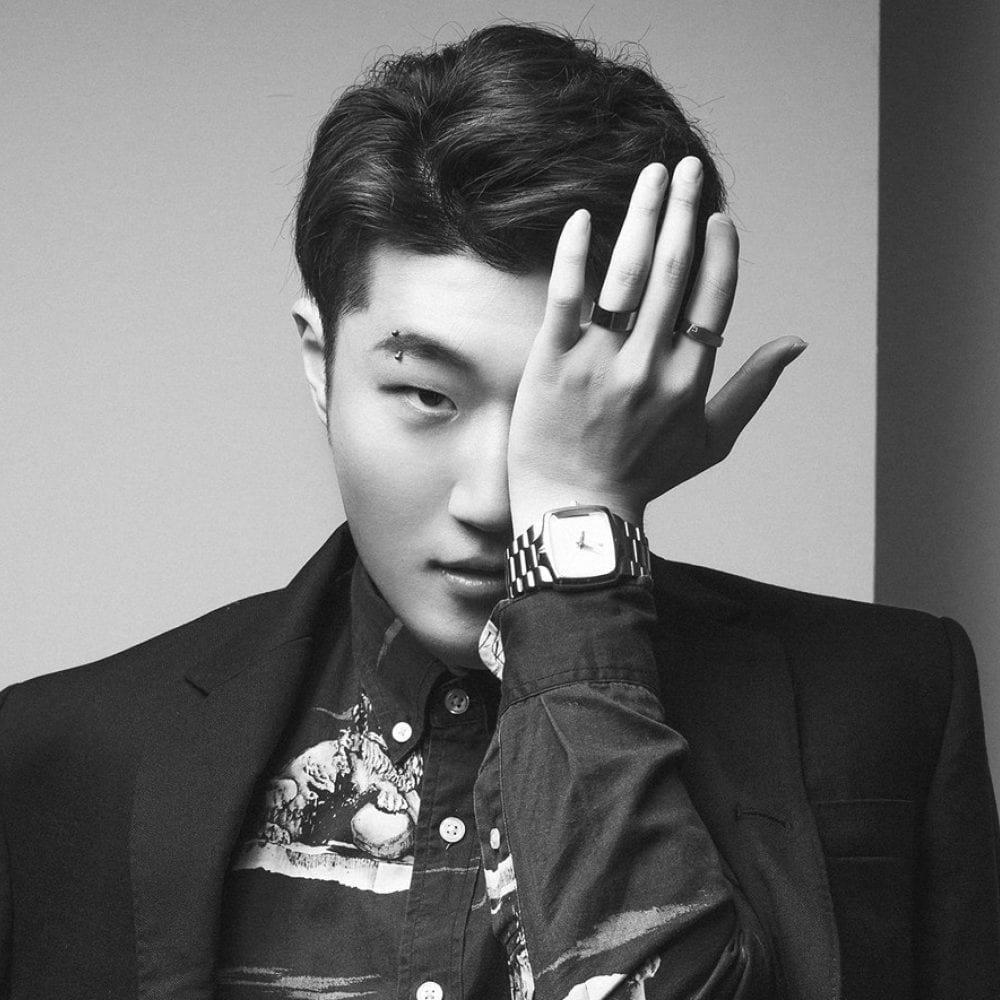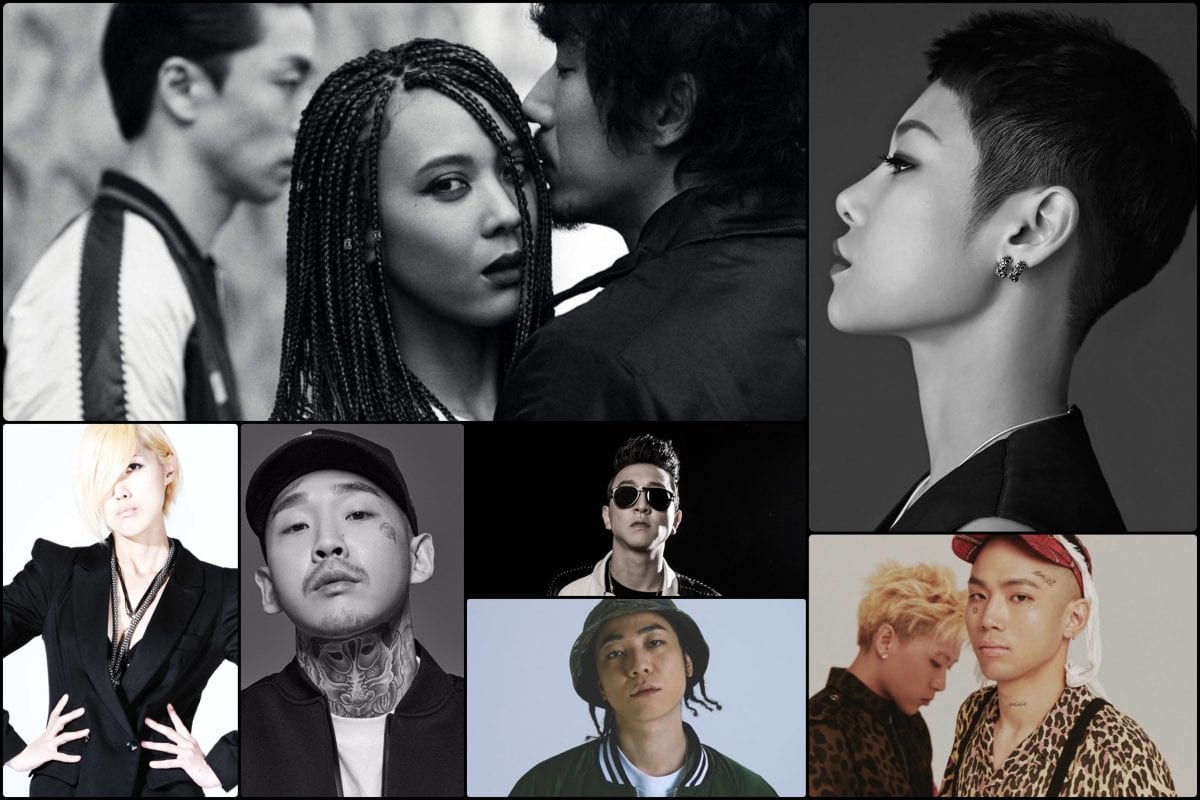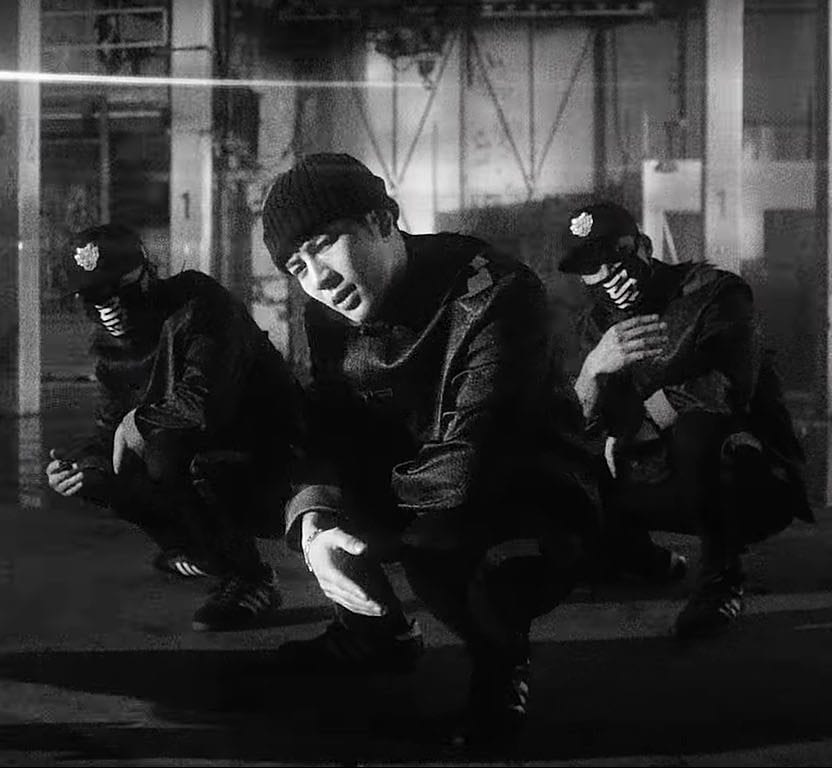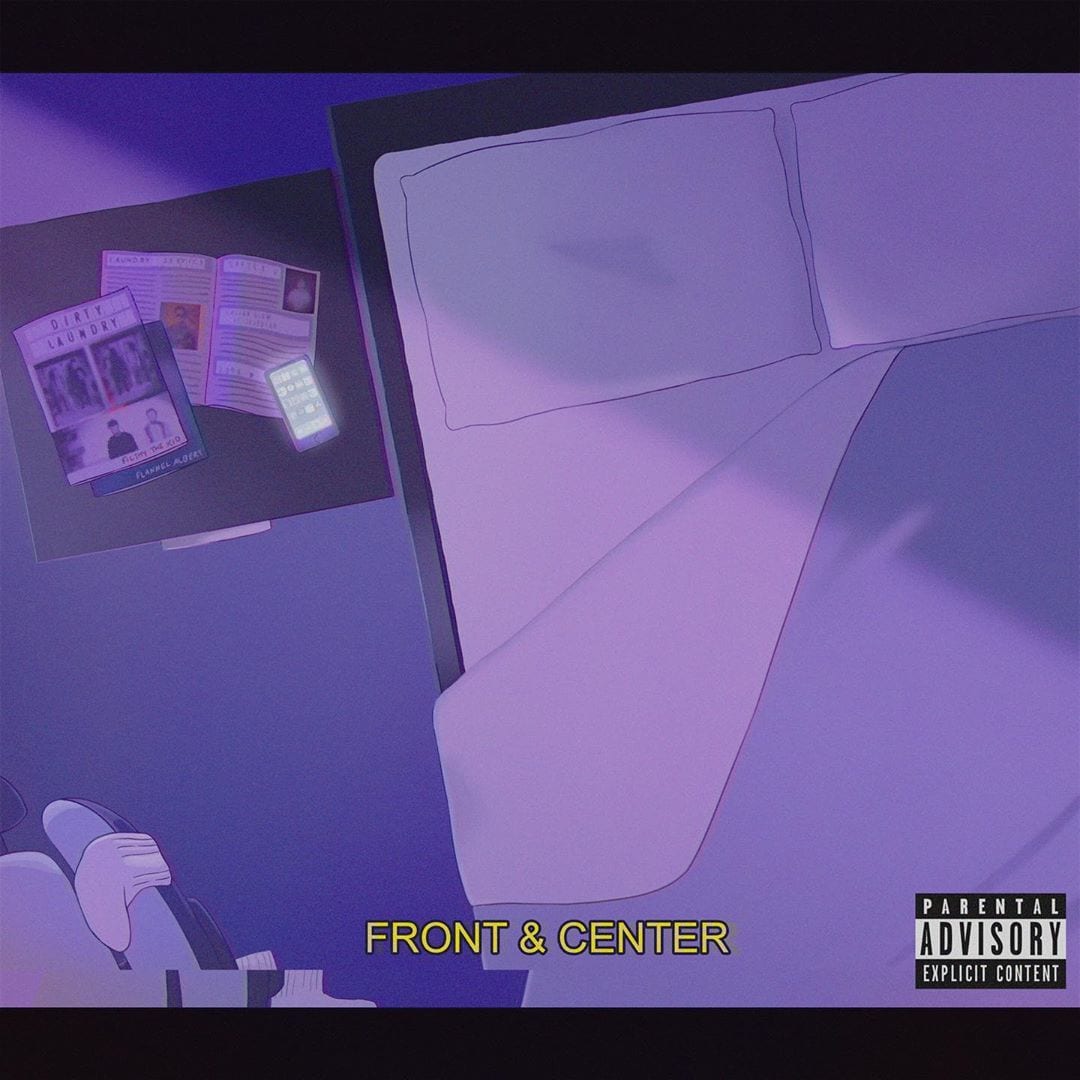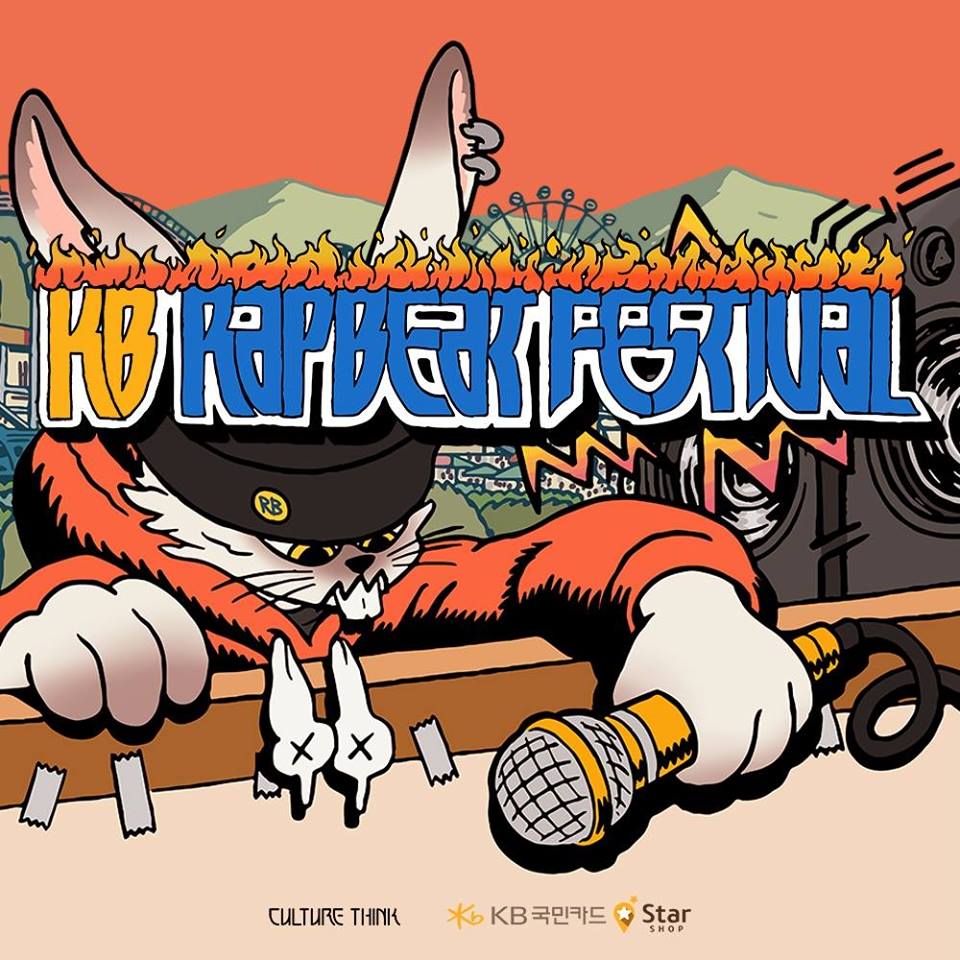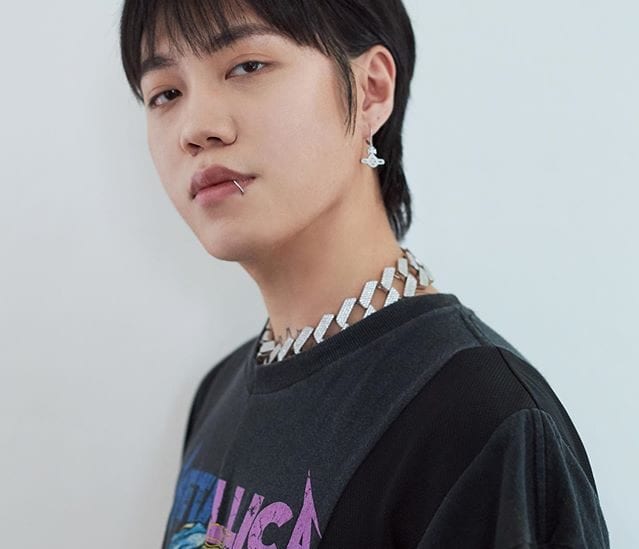I can’t begin to fathom the depths of Flannel Albert. Never mind I’ve known him for a few years now. The man has an emotional depth that most, including myself, have yet to even scratch the surface of. By now it’s common knowledge that he’s a remarkable writer. He’s mastered the art of false perception. Behind the playful composition and lilt of his melodic rap style, he buries some of the deepest parts of who he is. The darker parts of his melancholy.
Crush’s “From Midnight to Sunrise” is an Aural Masterpiece
Let me just get something out of the way. I got a song and a half into Crush’s latest album and was on the verge of tears. The last time this happened I was at uni. I’d just heard Jeff Buckley for the first time. After getting over the injustice of him having passed away before I discovered him, listening to Grace ripped something in me that’s never been repaired. Dammit, if Crush didn’t widen the crag with From Midnight to Sunrise.
Samuel Seo’s “The Misfit” is a Work of Art
This man just doesn’t know how to make a bad album. It’s like he’s physically incapable of doing so. It makes sense. Samuel Seo doesn’t release work every three months. He takes his time to develop, learn, nurture his sound. It’s obvious in the way he’s crafted The Misfit.
“I’m a Simple Guy”: An Interview with Samuel Seo
To be honest, when I started writing this interview, I wasn’t sure what direction I wanted to take it. How much should I really reveal here? Believe me, I went back and forth about this. Samuel Seo has everything I love in an artist: fearlessness, passion, and a big mouth. But how do I show that honestly without potentially getting him in some hot water? I found my answer in something he said to me during our conversation: “I’m just being honest, sis.”
“I’m Still Learning Every Day”: An Interview with NiiHWA
As you’ll remember from my assessment of the KB Rapbeat Festival, my expectations were drastically different from the reality. However, one artist stood out in all the right ways: NiiHWA. His performance on the Chillax Stage was so energetic, so sincere, my experience prior to that point faded.
My Top 20 Korean Rappers (To Ring in 2020)
It’s once again en vouge to make lists of top rappers. This is a past time as old as pen and paper. People making lists of their favorite things, and in this case favorite MCs. However, I think the sudden resurgence of “Best MCs” lists in the past few months started after Jermaine Dupri‘s indictment of rappers, particularly female rappers, post-1995.
Jackson Wang’s “Raw, Authentic Self”: “TITANIC” Review & Interview
“[Rich] Brian and I joined forces to make the best track to vibe out to with ‘Titanic.’ This song is all about getting hype, dancing, and having fun. I’m proud that we are representing Asian cultures together with this collaboration.”
–HiphopKR interview with Jackson Wang
DIRTY LAUNDRY Need Love in “Front & Center”
FLANNEL ALBERT and Filthy The Kid return with an LL Cool J style love lament. “Front & Center” is the love song we didn’t know we needed.
RapBeat Festival: Expectation vs. Reality
My first experience at the KB RapBeat Festival was certainly a stark example of expectation vs. reality. Let’s just say it was a bitter pill to swallow.
“I’m Happiest When I Do Music”: An Interview with BLOO
